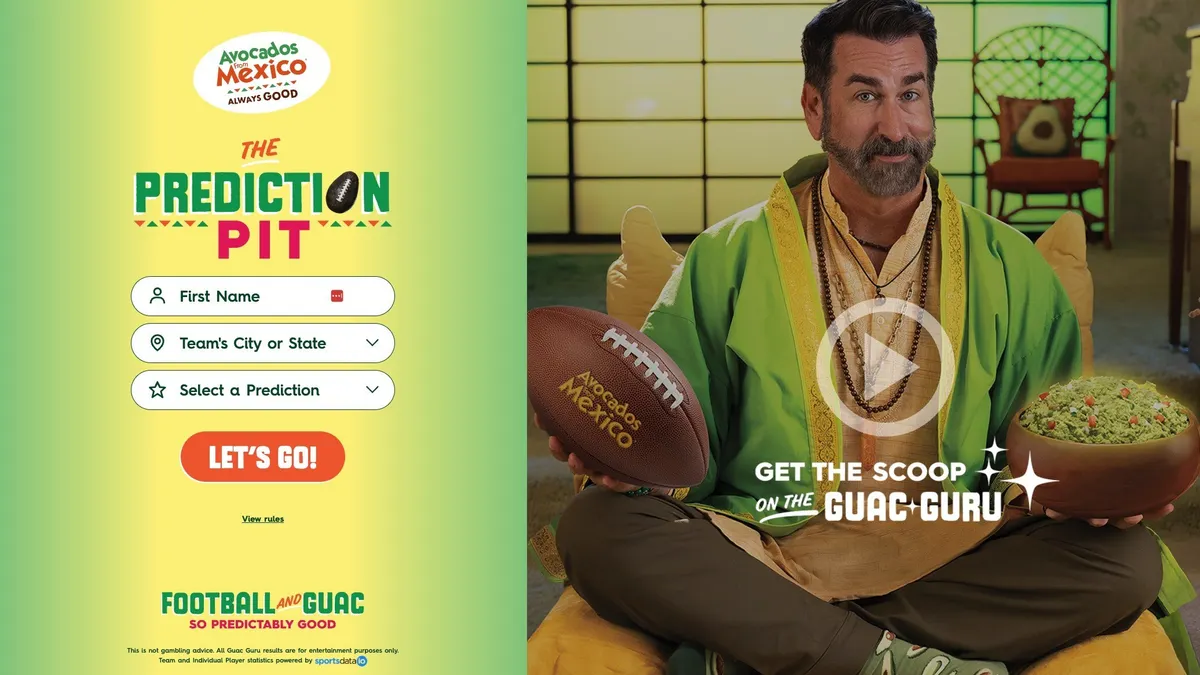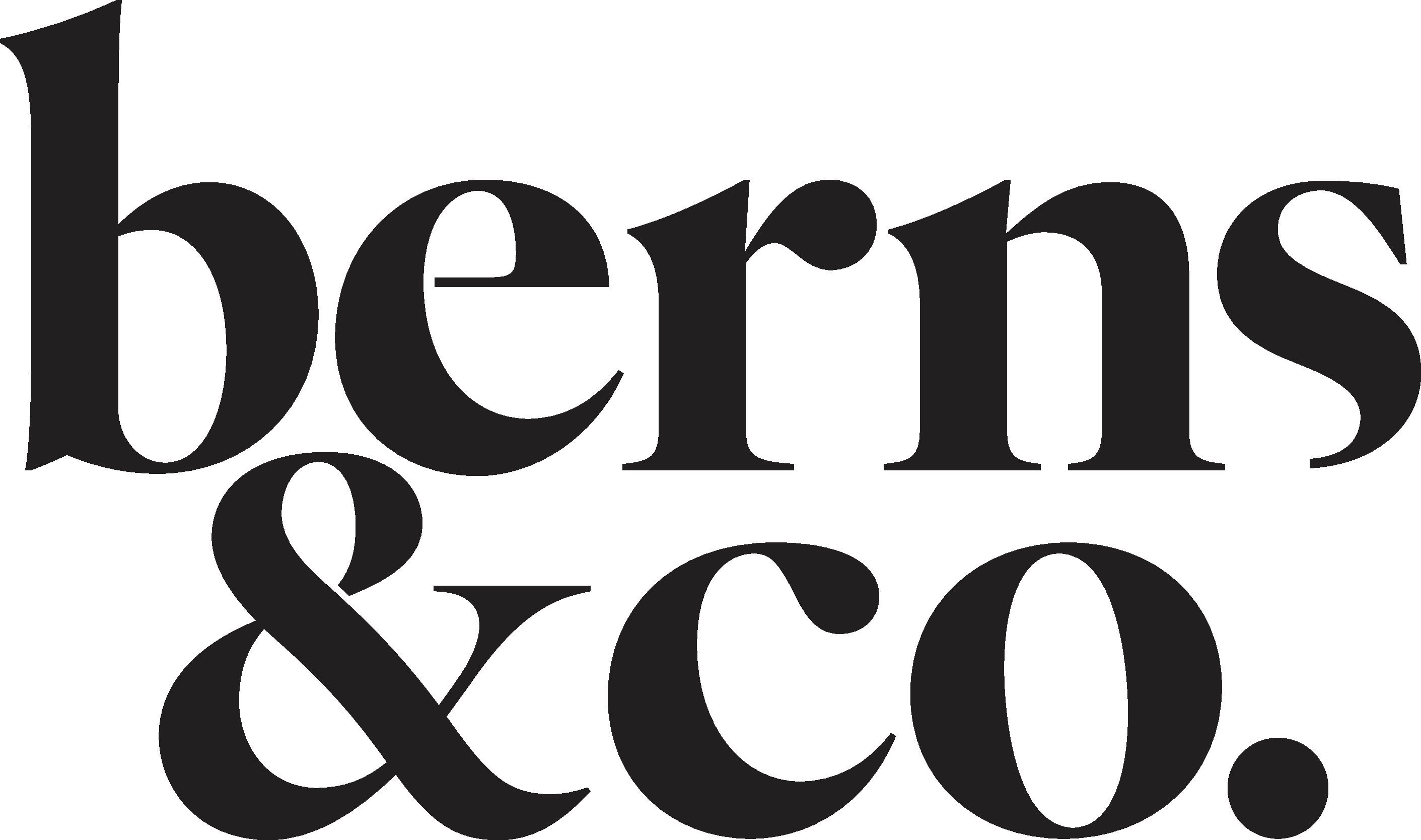The following is a guest post from Mike Herrick, senior vice president of product and engineering at Urban Airship.
On Monday, Instagram co-founders Mike Krieger and Kevin Systrom revealed they were leaving the app they sold to Facebook in 2012. In a matter of hours, outlets reported that Systrom and Krieger departed because of tensions with Facebook CEO Mark Zuckerberg and Facebook leadership over the direction of the photo-sharing platform.
Krieger, in particular, was regarded as Instagram's "heart and soul." The problem Facebook has faced for the past two years is a perception that it lacks a heart or a soul. The departure of Krieger and Systrom comes after WhatsApp co-founder Brian Acton resigned last September over Facebook's insistence on implementing ads, and his co-founder Jan Koum followed suit on in April. Facebook, as a brand, needs to get its humanity back, and Zuckerberg can do just that by shifting the focus away from Instagram and toward WhatsApp. Let me explain.
Facebook's malaise began in fall 2016 when the digital giant's ad measurement policies came under intense scrutiny from brands. Since then, it's been one thing after another for the company, which most notably endured the Cambridge Analytica scandal that bubbled to the surface late in 2017 and then exploded this year. Facebook is now a central character in a global consumer privacy drama. A recent poll showed 88% of Americans support a "right to be forgotten," or the power to tell platforms like Facebook to erase their data. On June 28, California lawmakers voted in the strictest consumer privacy statute in the U.S. In Europe, due to skepticism around Facebook, Google and other internet companies' data practices, GDPR has given consumers greater control over how a business can use their data.
Meanwhile, major competitors like Google and Twitter have not made a significant attempt at changing the privacy narrative for the larger tech community. This reality represents an opportunity for Facebook's executives. Some have recently speculated that Facebook is about to become more of a "pro-privacy brand" by offering an $11 annual subscription rate for an ad-free experience. But it makes far more sense for Zuckerberg and his team to first offer a subscription fee to WhatsApp's 1.5 billion monthly users, who employ it for phone calls, voice messages, text messaging, videos and photos while evading ads.
Flipping the script
This move would provide Facebook with a positive narrative after many months of miring in the negative, while acknowledging how people everywhere are rethinking communication and privacy. The company would be nodding to the fact that folks expect digital products and services to make their lives easier, more enjoyable and less worrisome. And by attaching itself to an ad-free storyline, Facebook would come across as a brand that listens to its users as opposed to being tone deaf and always driven by its bottom line.
While, to many, Facebook has long appeared overly driven by profits, it can turn that storyline on its head by offering an ad-free experience for a small fee on WhatsApp. Its executives can state, "We want to test privacy-first, ads-free online options and be a leader for an evolving tech world. This decision wasn't an easy one, but we think it's worth everything that’s going into it."
Cue up positive press and laudatory hot takes.
Providing consumers with options they want
Facebook can take a partitioned approach to WhatsApp, offering users a reasonable subscription cost as well as a gratis, ad-based experience. The company would be giving users choices while making a point that nothing is completely free.
If the project goes swimmingly, the partitioned experience gets fast-tracked for tests on Facebook and Instagram. (Imagine how much more engaging social platforms would be if they only poured your user data into personalizing content instead of ads.) If the project goes poorly, it gets hailed as a noble experiment, with the company stating, "Hey, we tried."
Taking an affordable chance
Facebook, which made close to $40 billion on advertising last year, should be proud of the astonishing growth of its business. It doesn't need to run from it. At the same time, Facebook can afford to experiment with one of its hottest properties in WhatsApp. The main reason this idea is true: Stockholders don't have specific expectations about what kind of revenue the app can bring.
And guess what? There's a good chance that WhatsApp subscriptions would make Facebook investors serious money and could even attract new users who have been in the dark about everything it has to offer. Many of nine-year-old WhatsApp's users remember paying $1 annually for the service until Facebook made it free in 2016. As long as the subscription price isn't too high, WhatsApp users — since they often don't pay for cellular data plans, circumventing them by using WiFi services — should see the fee as a bargain in comparison.
Generally, it's a crucial time for brands of all kinds to create online connections that their customers want. With that in mind, WhatsApp can not only help Facebook finally find itself on the right side of a narrative again, but it can also be an industry leader that understands a world where the conversations around digital communication are rapidly evolving.


















